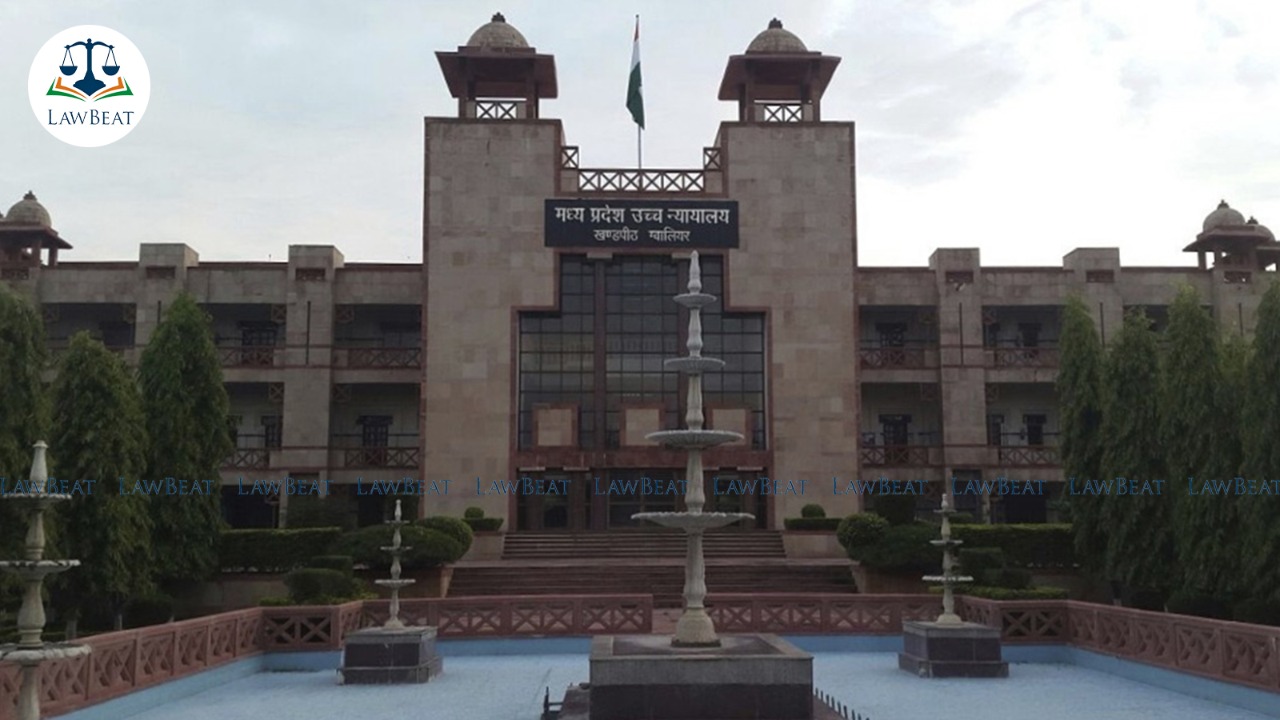Cultivation of 70 Quintals of Opium falls U/S 18(c) NDPS Act, accused entitled to default bail if Challan not filed in 60 days: Madhya Pradesh HC

“The learned Single Judge could not have assumed that 70 quintals of seized opium poppy shall be commercial quantity. In our opinion, the aforesaid assumption of fact militates with the provisions of the NDPS Act and runs contrary to the basic tenets of interpretation of penal statutes”, the bench opined.
The Madhya Pradesh High Court (Gwalior Bench) recently held that assuming 70 quintals of seized opium poppy as commercial quantity, militates with the provisions of the NDPS Act. While saying that, the court also held an accused eligible for a default bail having Challan not been filed within the mandatory 60 days period.
While stating that the principle laid down in Raja Bhaiya holds true, a bench of Justices Rohit Arya and Milind Ramesh Phadke held, “7000 kgs of opium can neither be termed as 'small' nor 'commercial' quantity, but should be treated to fall within the net of residuary clause; section 18(c) governing 'any other case' r/w Note-3 of the Notification dated 19/10/2021 for availing the benefit of default bail u/S 167 Cr.P.C”. Furthermore, it opined, “As a matter of fact, the right to default bail under section 167(2) of the Cr.P.C. is an indefeasible right”.
In the pertinent matter on a police raid, four persons including the three petitioners namely Kalla Mallah, Munna Mallah, Munshi Mallah and co-accused Mahendra, were allegedly found to have been cultivating opium poppy on Government land. In the investigation, 70 quintals (7000 kgs) of opium poppy was also seized.
A case was registered for the alleged offence, however, the Challan could not be filed within 60 days, consequently, the petitioner moved an application under Section 167(2)(a)(ii) Cr.P.C. read with Section 36(a)(4) of the NDPS Act seeking default bail.
It was contended by the petitioners that their case fell within the net of Section 18(c) of the NDPS Act which mandates a rigorous imprisonment extendable to 10 years as punishment, therefore, with the applicability of the provision, they were entitled for a default bail under Section 167(2)(a)(ii) CrPc, which requires a Challan to be filed within 60 days for certain offences (also the alleged offence), in default of which a bail would be granted.
The Special Court (under the NDPS Act), however, rejected the application on the ground that as per Section 36A (4) of the NDPS Act, in case seizure of contraband under the NDPS Act falls in the category of commercial quantity as per the schedule, the period for submission of charge-sheet under Section 167(2) of the CrPC shall be 180 days.
Aggrieved by the order, the petitioners then approached the High Court. However, the single-judge bench after hearing the arguments of both the parties deemed it suitable to refer the matter and the questions involved to be decided by an appropriate bench. Therefore, the matter was referred to a division bench of the Court.
Now the questions referred to the Court to decide on were:
-Whether 7000 kgs of opium plants can be treated to be less than commercial and small quantity to fall u/S. 18(c) NDPS Act r/w Note-3 of Notification dated 19.10.2021, for availing benefit of default bail u/S.167 Cr.P.C. despite the restriction imposed u/S.36-A(4) NDPS Act?
-Whether the law laid down in Raja Bhaiya Singh vs.State of M.P. is correct law or not.
The division bench after considering the submissions and provisions under question i.e. Section 18(c) NDPS Act, was of the opinion that even though the cultivation is a punishable offence, but in absence of a corresponding entry of small or commercial quantity in the Schedule, would fall under the residuary clause under Section 18(c) of the Act. Furthermore, the court said that the proposition laid down in Raja Bhaiya Singh Vs.State of M.P. stands correct.
The Court after noting Section 18 of the NDPS Act, thus, opined, “A plain reading of the said provision, in entirety, leads to the inevitable conclusion that activity of cultivation of opium poppy shall fall within the net of section 18(c) of the NDPS Act.”
“Since punishment of imprisonment upto 10 years is provided for under Section 18(c) of the NDPS Act, the aforesaid provision of S.36A (4) shall not be attracted in the facts and circumstances of the case. Consequently, the petitioners are entitled to default bail under Section 167(2)(a)(ii) of the CrPC if Challan was not filed within 60 days”, the division bench held.
On the argument that there is a conflict between Section 18 (b) and Note 3 of the schedule where the statutory provisions would prevail over the instructions, the Court opined, “It is expedient to observe that the law is well settled that all penal statutes are to be construed strictly. If there is no ambiguity, there is no scope for interpretation and plain and literal meaning of the words used in the statute is to be adopted while applying the statute to a given set of facts”.
“It is the duty of the Court to give effect to the purpose - as expressed in clear and unambiguous language of the statute, and the Court is not permitted either to restrict or expand the meaning of the words used by the legislature which is in accord with the object of the statute. Besides, if reasonable and plain interpretation of a penal statute avoids penalty in a particular case, it is settled law that the Court must adopt that construction of the statute for if two reasonable constructions are possible; the Court must lean for more lenient one. Besides, if there is any ambiguity in a penal statute, the same is to be interpreted in favour of the accused”, the Court further stated.
Case Title: KALLA MALLAH vs. THE STATE OF MADHYA PRADESH THROUGH POLICE STATION SABALGARH, DISTRICT MORENA
